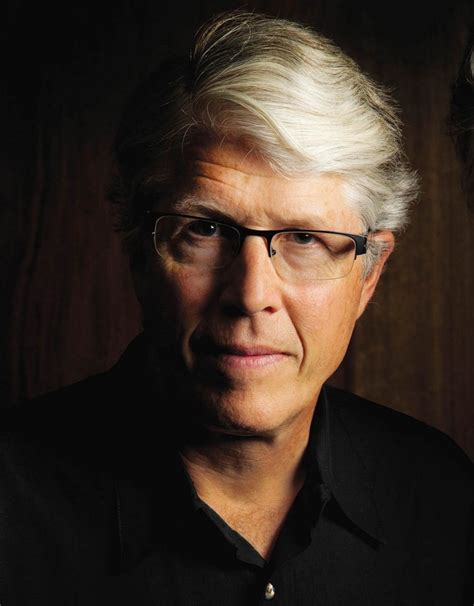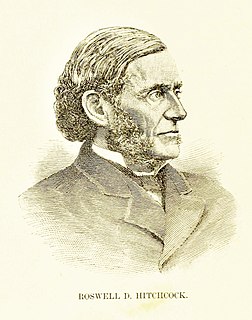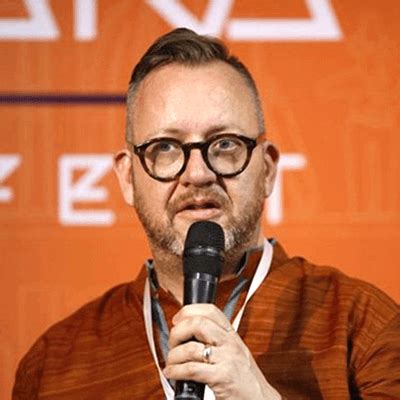A Quote by Howard Jacobson
As for 'Great Expectations', it is up there for me with the world's greatest novels, not least as it vindicates plot as no other novel I can think of does, since what there is to find out is not coincidence or happenstance but the profoundest moral truth.
Related Quotes
The difference does not lie in the things that news does that novels do not do, but in the things that novels do that news cannot do. In other words, this basic technique of news - just one among many - is something a novel can use, but a novel can deploy a multitude of other techniques also. Novels are not bound by the rules of reportage. Far from it. They're predicated on delivering experience.
I've been thinking a lot about why it was so important to me to do The Idiot as a novel, and not a memoir. One reason is the great love of novels that I keep droning on about. I've always loved reading novels. I've wanted to write novels since I was little. I started my first novel when I was seven.I don't have the same connection to memoir or nonfiction or essays. Writing nonfiction makes me feel a little bit as if I'm producing a product I don't consume - it's a really alienating feeling.
You start out with big dreams and I mean, big dreams artistically. You want to work with the greatest living directors, make a great movie. I wanted to make a great love story, I wanted to make a great epic and then you realize that the truth of it is that it's so hard to make a great film. It's hard to get a great role. Those big expectations change to realism pretty quickly. But what's never changed is my desire to work with great directors and to find projects that push me out of my comfort zone and keep me alive. I still don't think I've done my best work
Why do I like to write short stories? Well, I certainly didn't intend to. I was going to write a novel. And still! I still come up with ideas for novels. And I even start novels. But something happens to them. They break up. I look at what I really want to do with the material, and it never turns out to be a novel.
It's disingenous for me to say that I wasn't trying to write a moral novel. By its very nature as a novel about the Iraq War, Fobbit steps into the political conversation. There's no way to avoid that. I can appreciate that readers are probably going to line up on one side of the novel or the other. I hope they go to those polar extremes, actually.
Fiction allows us to see the world from the point of view of someone else and there has been quite a lot of neurological research that shows reading novels is actually good for you. It embeds you in society and makes you think about other people. People are certainly better at all sorts of things if they can hold a novel in their heads. It is quite a skill, but if you can't do it then you're missing out on something in life. I think you can tell, when you meet someone, whether they read novels or not. There is some little hollowness if they don't.
Novels are political not because writers carry party cards -- some do, I do not -- but because good fiction is about identifying with and understanding people who are not necessarily like us. By nature all good novels are political because identifying with the other is political. At the heart of the 'art of the novel' lies the human capacity to see the world through others' eyes. Compassion is the greatest strength of the novelist.
I'm the king of the world, I am the greatest, I'm Muhammed Ali, I shook up the world, I am the greatest, I'm king of the world, I'm pretty, I'm pretty, I'm a baaaad man, you heard me I'm a baaad man, Archie Moore fell in four, Liston wanted me more, so since he's so great, I'm a make him fall in eight, I'm a baaad man, I'm king of the world! I'm 22 years old and ain't gotta mark on my face, I'm pretty, I easily survived six rounds with that ugly bear, because I am the greatest.
I do not share the pessimism of the age about the novel. They are one of our greatest spiritual, aesthetic and intellectual inventions. As a species it is story that distinguishes us, and one of the supreme expressions of story is the novel. Novels are not content. Nor are they are a mirror to life or an explanation of life or a guide to life. Novels are life, or they are nothing.






































